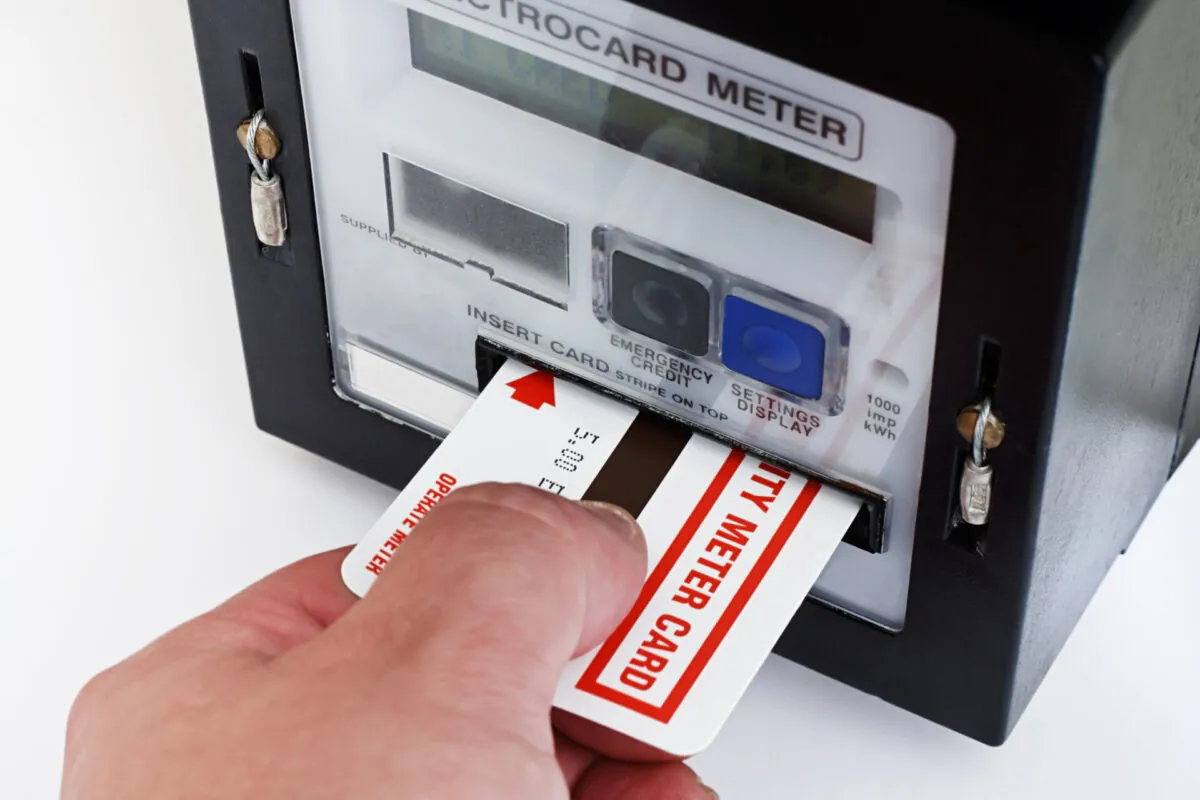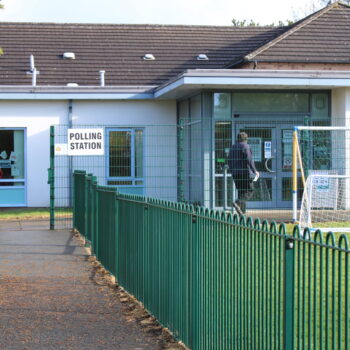UK households are set to face another winter of high energy costs, amid continued market disruption. Investing in energy efficiency, heat pumps and renewables can permanently lower bills and boost energy security. Governments across the world have taken steps to reduce their citizens’ exposure to future price shocks. However, the UK government has largely failed to leverage this opportunity. By rolling back on net zero commitments, it risks further slowing down investment in inflation-busting sectors.
While Ofgem’s Energy Price Cap has dropped slightly this autumn to £1,923 per year, bills are still close to double what they were before Russia’s invasion of Ukraine. One in three households in England will see higher bills this winter than last. The most vulnerable households are worst positioned to weather another winter of high bills, with energy debt and arrears having increased by over 107% in the last five years.
Our analysis shows the UK has failed to enact many of the long-term solutions to permanently lower exposure to volatile international gas markets, boost energy security and reduce long-term pressures on the public purse.
- The government has backtracked on promises to consider introducing comprehensive, targeted energy bill support to vulnerable households. A “social tariff”, which would provide discounted price plans to those struggling to afford energy costs, is looking unlikely.
- The Prime Minister’s pledge to “never” increase energy efficiency standards could cost households £8bn in higher bills over the next decade, and more if gas prices spike again, according to the Energy and Climate Intelligence Unit.
- Analysis by RenewableUK suggests that the UK’s failure to contract new offshore wind during recent auctions means the UK is missing the opportunity to power 8 million homes and save consumers £2bn a year, compared to the cost of electricity from gas.
Recommendations
The UK government spent £78.2 billion across 2022–23 and 2023–24 in response to gas price spikes. As a matter of fiscal responsibility, the UK should be prioritising long-term, permanent solutions to protect households – and the public purse – against potential future price spikes. The International Energy Agency has warned that Europe could face a difficult winter if Russia cuts remaining gas supplies, and if the region experiences cold weather.
There remains a strong imperative to focus efforts to support vulnerable households, lower bills and boost energy security. With the right political will, the government can take steps forward – starting with the Autumn Budget:
- Support vulnerable households with energy bills. Provide comprehensive targeted support through introducing a new social tariff starting from next April, with additional financial support for vulnerable households this winter.
- Reduce energy-user demand for gas. Boost delivery under existing retrofit schemes by increasing access, to lower bills. Incentivise landlords to make energy efficiency improvements with a tax offset and long-term regulatory certainty.
- Decouple energy supply from volatile fossil fuels. Provide more support for domestic renewables, ensuring the success of offshore wind projects in the next auction round. Remove planning barriers and address grid capacity and grid access; and progress with market reforms so consumers can benefit from low-cost renewables.
Cross-party political consensus has been the UK’s superpower for making sustained progress on key net zero targets. The Prime Minister can put the UK back on the road to international leadership by reacknowledging that net zero-aligned investments and policies are critical to lowering consumer bills and boosting long-term energy security.


